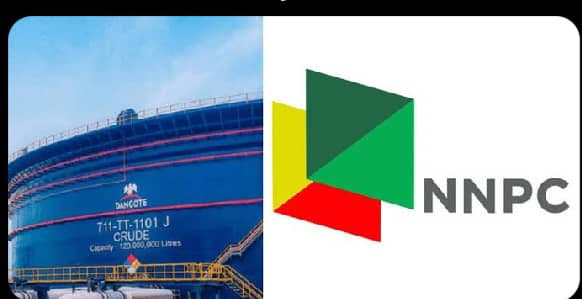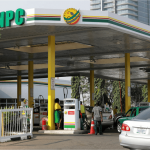The Nigerian National Petroleum Company Limited (NNPCL) has announced plans to increase its equity in the 650,000-barrel-per-day Dangote Petroleum Refinery to 20 per cent.
Group Chief Executive Officer, Engr. Bayo Ojulari, disclosed this at the ongoing Abu Dhabi International Petroleum Exhibition and Conference (ADIPEC). Speaking at the energy event, Ojulari said the company was working toward expanding its ownership in the privately owned refinery as part of broader efforts to strengthen Nigeria’s downstream oil sector.
The Dangote Refinery, Africa’s largest, began operations last year but has faced challenges from the influx of cheaper imported petroleum products that continue to dominate the market.
Ojulari noted that the move aligns with NNPCL’s broader restructuring and transparency agenda ahead of its planned initial public offering (IPO). He reaffirmed that the company is legally obligated to move toward a public listing under the Petroleum Industry Act (PIA) of 2021, which mandates the NNPCL to transition into a fully commercial entity.
“The IPO journey is by law. The PIA prescribes for NNPC to journey towards achieving IPO. It’s not an option for us,” Ojulari stated.
He added that the company has taken concrete steps to improve transparency and accountability, including the publication of its monthly performance reports since May this year. However, he did not specify a timeline for the IPO.
Ojulari also revealed that the company is in talks with potential technical equity partners to help revive its three idle refineries, which have remained non-operational despite previous investments.
The NNPCL currently holds a minority stake in the Dangote Refinery, which is expected to play a critical role in reducing Nigeria’s dependence on imported fuel and strengthening domestic refining capacity.
For Nigeria’s downstream market and small-scale oil distributors, NNPCL’s increased investment could improve local supply stability and encourage private-sector confidence in domestic refining operations. The move also signals a gradual shift toward a more commercially driven and transparent national oil company, ahead of its eventual listing on the stock exchange.










